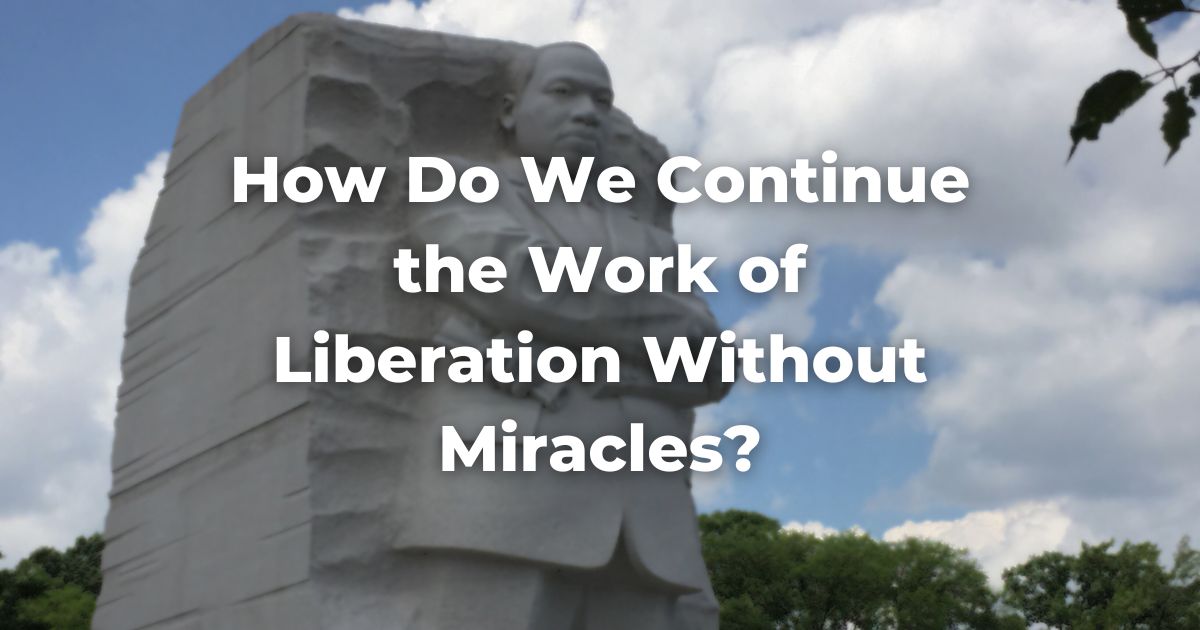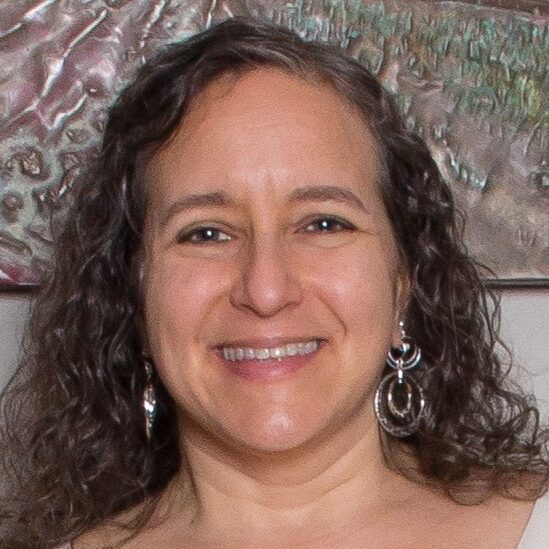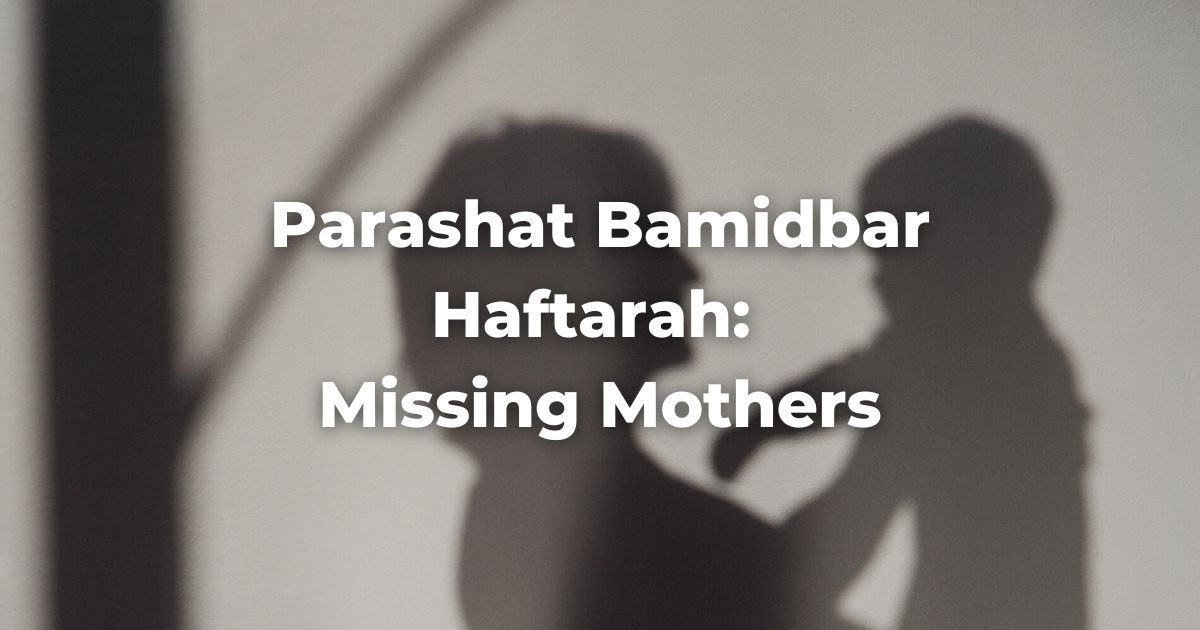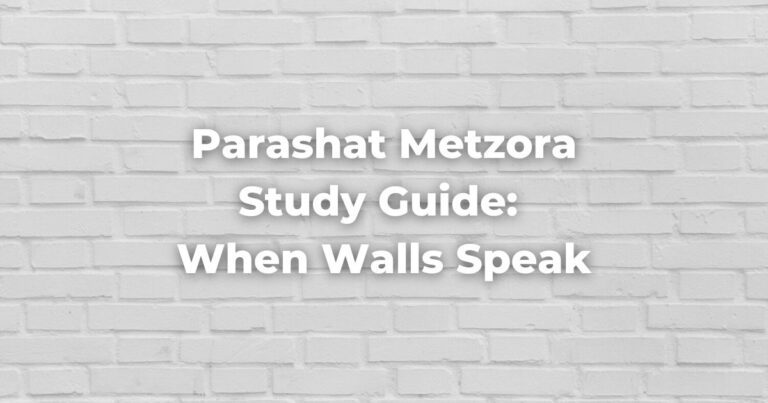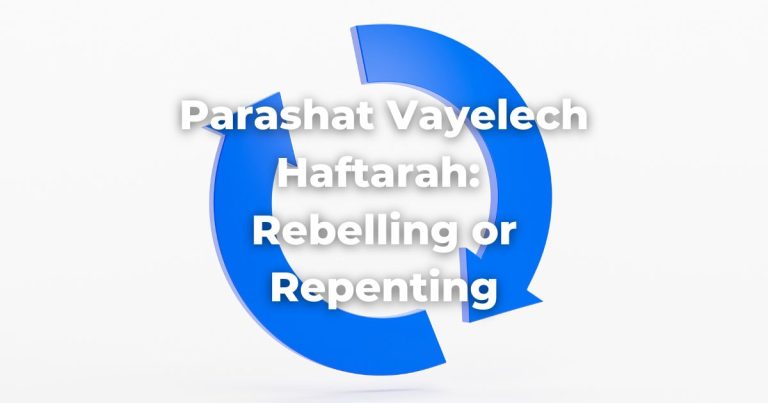Va’eira and Justice: A d’var originally given on Martin Luther King weekend 2024.
Many of have pledged since we were children to be part of a nation with liberty and justice for all. But we are not there yet.
Inequality starts at birth: There are over 100 studies of bias and stereotyping that result in differences in health care by race and ethnicity. For example, Black women with a graduate degree are 3 to 4 times more likely to die or almost die in childbirth than white women with an eighth-grade education.
It isn’t that Black women don’t know enough about how to take care of themselves during pregnancy—these are women with graduate degrees. Or that they don’t have resources. This is about race.
How do we know? In taped conversations between doctors and patients, doctors are more likely to dominate conversations with Black patients. They don’t ask as many questions. And in the medical notes, they’re more likely to express skepticism about Black patients’ symptoms.
Black women suffer from this mistreatment. They have worse pregnancy outcomes. They lose more infants in the first year of life and they have higher rates of preterm birth and stillbirth.
What starts at birth continues at home.
Because of redlining and restrictive covenants and environmental issues, Black people live in neighborhoods that have higher air pollution, less tree canopy (to mitigate pollutants and heat) and are less safe in other ways.
We do not see justice for all in our education system, in child welfare, or even in our system of justice. Black people have harsher outcomes at every level of the justice system. It includes starting with a lower bar to search, more encounters with the police, higher bail or not being able to get bail at all. They have longer sentences—up to five times as long for the same crime.
The racial bias is literally as clear as night and day. Studies show that Black and white drivers are stopped at the same rates when traffic stops take place after sunset. Black drivers are disproportionately stopped during daylight hours—when officers can see into the cars.
It took 15 years to bring the Martin Luther King holiday into existence.
It was ultimately signed into law by President Ronald Reagan, who had been fighting it for years. He eventually decided to approve it as a way to shape a distorted image of the Rev. Dr. Martin Luther King’s vision, one focused on color blindness and individualism rather than King’s expansive vision of justice.
Reagan promoted the idea that King’s “dream” had been realized and that America no longer needed to focus on the struggle for civil rights, according to letters included in the book, “The Struggle for the People’s King: How Politics Transforms the Memory of the Civil Rights Movement,” by Hajar Yazdiha.
The question for us now is: How do we create liberty and justice for all, the true legacy of Martin Luther King?
In the parsha this week, Parashat Bo, we hear that Moses experiences God as an infinite being; past and present and future. This is different from the God revealed to Abraham, Isaac, and Jacob.
In Exodus 6:3, God showed God’s self to Abraham, Isaac, and Jacob with a different name, El Shaddai. A name that suggests breasts, a God of nurturance. This is in contrast to the name that God shares with Moses, YHVH, which emphasizes God’s ever presence.
The Jewish people starting their relationship with divinity was with a nurturing being who could hold, feed, and cuddle us like a parent holds a child. And that built a heart connection.
Rabbi Schneur Zalman of Liade says that the difference between heart understanding and mind understanding is at the core of these different names of God.
They resulted in different ways these ancestors are viewed by our people. “Moses is the mind of Israel, while Abraham, Isaac and Jacob are the ‘heart of our relationship with the Almighty,'” Zalman writes. We call Abraham Avinu, our parent, and remember Moses as Moshe Rabeinu, our teacher.
In order to lead the people toward liberation, Moses had to build heart understanding.
It wasn’t enough just to explain and appeal to the mind, as I did when I shared statistics with you about racial disparities and injustice.
In a conversation with the Racial Justice committee, the Rev. Katie Crowe of Trinity Avenue Presbyterian Church said that she was called to the church because of a desire to address social justice.
Those of you who know Katie know that she’s constantly in conversation with God. In one of those conversations, she said, God told her it’s easier for God to change hearts than for Katie to change minds. And so she leads with love. Rather than trying to come at people with information and sharing ideas to change their minds, she tries to win their hearts.
Sefat Emet tells us the same thing, that leaders succeed by penetrating hearts. When Moses talks to the Israelites about his experience with the Infinite One—past and present and future all revealed to him at once—it isn’t enough. In Exodus 6:9 it says, “When Moses told this to the Israelites, they did not listen to him.”
Sefat Emet says, “Moses knew that the power of a leader derives from his people. If he had not succeeded in penetrating the Israelites’ hearts, he would not be able to achieve anything on their behalf.”
So as we’re leading a movement toward full liberation, for liberty and justice for all, we must think, “How can we be like Katie Crowe? How can we, like Moses, begin penetrating hearts?”
We regard the plagues, those divine miracles, as a way to punish Pharaoh and the Egyptians or to convince Pharaoh to release the Israelites, or even to build the reputation of this infinite divine power.
But they were also intended to win the hearts of the Israelites, to help them prepare spiritually to leave and to be liberated.
Rabbi Michoel Gourarie says, “Hail is cold and icy and it symbolizes insensitivity and indifference to other people and their needs. Every person has a flame of love and compassion within them. But with some that flame is a love of self … channeled inwards rather than towards others. … The fire burns, but it is hidden inside the ice. All that needs to happen is for the ice to melt. And the fire of love and compassion will be visible to all.”
How do we take our fire, our love, our compassion, and channel it towards others so they can feel that warmth? How do we use our hearts to move toward liberation? Can we use a flame of love to connect us and give us a heart understanding of other people and allow us to help them with change?
The most famous heart in this week’s parsha is the heart of Pharaoh. In MidrashThis word is used in two ways, as both a concept and a literature. As a concept, midrash is the expansive interpretation of biblical texts. The term is used to describe the practice of rabbinic interpretation. As a text, it refers to specific collections of interpretations, particularly from the third to ninth centuries in the Land of Israel and Babylonia. Plural: Midrashim
Read more Rabbah, Rambam notes that the first five times Pharaoh’s heart is hardened, it’s stiffened by Pharoah, but the sixth time, in Exodus 9:12, it is God that hardens Pharaoh’s heart.
I think that all the pushing—the plagues—hardens his heart. The more information and pressure that comes at him, the more he hunkers down. It’s almost as if through these miracles, through these divine acts, he’s being pushed to move more quickly than he’s ready. And it’s stiffening Pharaoh’s heart.
Rabbi Mindy Hearson says, “Pharaoh understood his actions were self-destructive and they were bringing ruin upon his country. He even fleetingly agreed to stop the madness. But he couldn’t finalize change. Why? Because his heart wouldn’t allow his recognition to translate into behavior.”
When taking in all this information that contradicted what he’d always thought, Pharoah couldn’t act because there wasn’t a heart connection.
It’s the same with people today. Rather than trying to push information and pressure people to change their minds, we have to lead with love and connection and heart understanding.
TalmudReferring to one of two collections, the Jerusalem and Babylonian Talmuds, edited in the 6th century, that contains hundreds of years of commentary, discussion, and exploration of the ideas in the Mishnah. One could describe it as Mishnah + Gemara = Talmud Read more Taanit 20b tells us, “Be pliant like a reed, not unyielding like the cedar.” We can be rooted like trees, digging deep down, holding fast to what we already know and believe. Every year, we layer on another ring, making it harder for us to shift, becoming a little more rigid.
Reeds, on the other hand, have the ability to bend without breaking. Flexible reeds are able to be woven together to create things. Rather than approaching things with unyielding certitude, we should aspire to adapt. We can build alliances and community when we are flexible enough to share our compassion before our thoughts.
Nonprofit consultant Nancy Bacon recently shared with me the power of one degree of difference. She offered a couple of examples. If you’re flying from LaGuardia to San Francisco and you change course by one degree, you end up in San Jose. Or if you have water that’s 99 degrees Celsius, turning up the heat one degree would make the difference between hot liquid and vapor.
We don’t always need to focus on giant change right away. We can start with just one degree of change. One degree toward liberation. We can alter the course and end up in a different place.
In this parsha we saw liberation through miracles, but liberation didn’t rest on divine intervention alone. Moses had to penetrate the hearts of the people.
I hope you’ll think about ways you can create heart understanding. And through that compassion and empathy, maybe you can move things one degree. And that one degree can make a difference. It can move us toward liberation today—toward liberty and justice for all.
Author
-

Rachel is a professional speaker, trainer, and coach. She works at El Futuro to advance mental health access for Latine communities through training and consultation. Rachel reads voraciously, fosters kittens, and is active in tikkun olam for social justice. From her decade as a foster parent, Rachel added two daughters—and now four grandchildren—to her family. Rachel is an engaged lay leader at Beth El in Durham NC: She taught Hebrew marathons; led Tot Shabbat and Family Services; and served on the rabbi search committee & as President of Beth El. She currently participates as a shaliach tzibur, oversees b' mitzvah tutoring, and serves on the Racial Justice Committee.
View all posts

